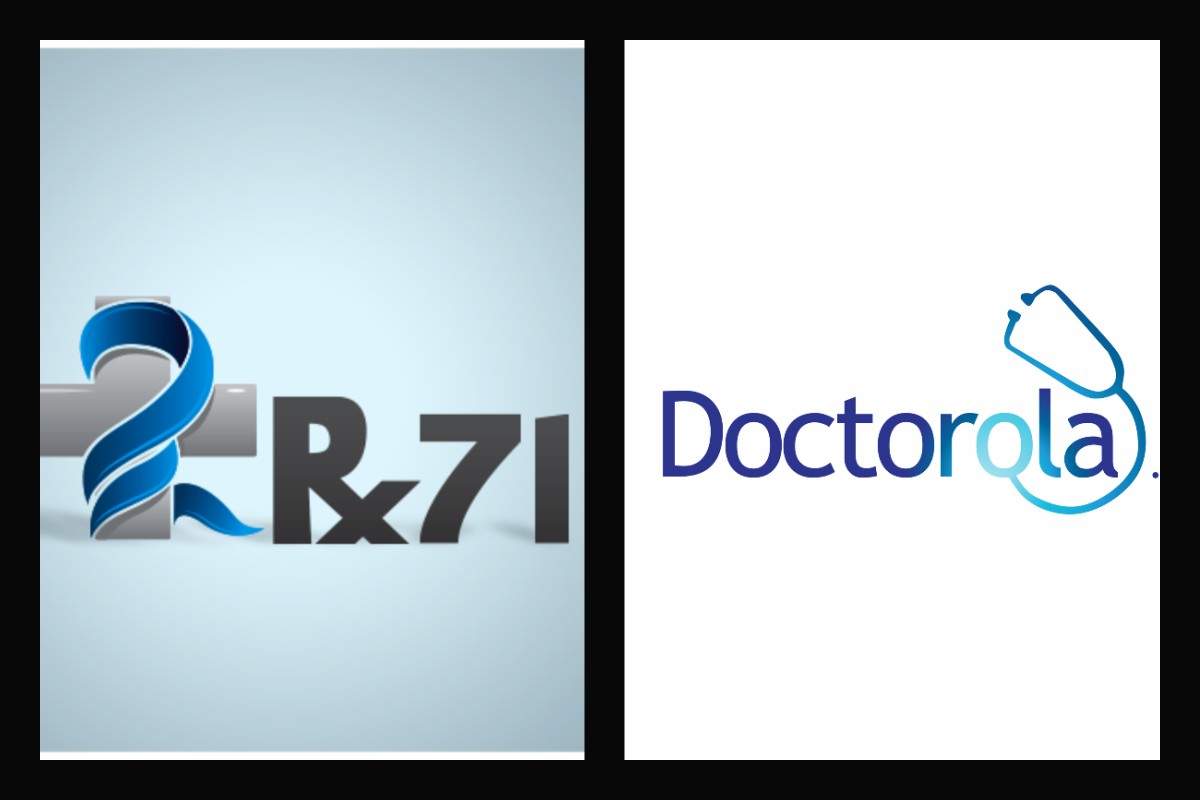
Like many other industries in Bangladesh, healthcare is on the verge of change. The current state of the sector is at best broken. The quality of service, most instances, is sub-par. There is little to no innovation around service delivery. Long queues are as painful as service itself.
If you want to see a doctor, particularly famous ones, it is very difficult to get an appointment. If you get one within a considerable timeline, you will have to wait for long hours before seeing the doctor.
Startups are coming!
Technology has a role to play here. While helping bring innovation around service delivery, it can increase efficiency as well.
Two local startups, Doctorola and Rx71, are working hard to just do that. Taking advantage of technology, these startups are aiming to disrupt healthcare industry, introduce better approaches to deliver healthcare and reduce pains of customers.

Healthcare is a big market. In a country of 160 million people the state of health care coverage is dismal at best. While this is an opportunity, it also causes inefficiency. Hence, most government run health facilities struggle with service delivery capacity and private ones deliver costly but largely inefficient service.
Bangladesh is the 57th largest economy in world and one of the biggest GDP contributors to the Asian growth but government intervention in the healthcare sector is almost negligible. Only 24.6% of Bangladeshi families were covered by the social safety net program in 2010 compared to the global average of almost 60%, said the Household Income and Expenditure Survey.
Whereas, in developed nations public money dominates in this sector at a two to three ratio, government contribution to health expenditure is only about 1.1% in Bangladesh. It means more than two-thirds of total health expenditure is paid by individuals regardless of their capacity. While this indicates a fragile system on the part of government, it also indicates that people are willing to pay for better healthcare.
Opportunity for startups like Rx71 and Doctorola is huge. With the help of technology these companies can easily reach millions and add efficiency to the service delivery standard. Both companies have already started to work with doctors and hospitals.

Inside two health care startups
Doctorola, a startup officially launched in October 2015, has already more than four thousands doctors and three hundred hospitals working with the company [up to December, 2015].
Whereas it offers free service to the patients, the startup charge a small commission from the hospitals for managing their patients. Last year, the startup raised a small investment of BDT 20 Million from local venture firm BD Venture Limited at an undisclosed valuation.
While it was a bit challenging to convince patience to use its service at the beginning, the startup is gaining momentum now. It has already served more than three thousands patients with a quite good returning rate [within a period of 02/03 months before December, 2015].
In the future, Doctorola plans to make its platform more collaborative where patients can find doctors and do everything on the go. It now also arranges online consultation session with doctors where patients can ask questions and get advice from a specialist. The startup is also working on creating free medical content.
Rx71, another startup in the space launched later in December last year, promises to digitize healthcare. Founded by Tareq Hasan [FS 15 under 35, 2015], Nizam Uddin, and Mehedi Hasan, the startup promises to offer 360-degree digital health platform.
While providing doctors and hospitals directory where you can find doctors and hospitals and make appointments, it is also building a huge platform of health related content in Bangla with a vision to help people living a healthy life by creating health awareness and educating people on health issues.
This is just the beginning for the Bangladesh health care sector marrying technology. In the coming days, we hope to see more tech driven innovations and solutions to ensure better access to healthcare in Bangladesh.
Correction: An earlier version of this story incorrectly described the valuation of Doctorola. It has been corrected.
